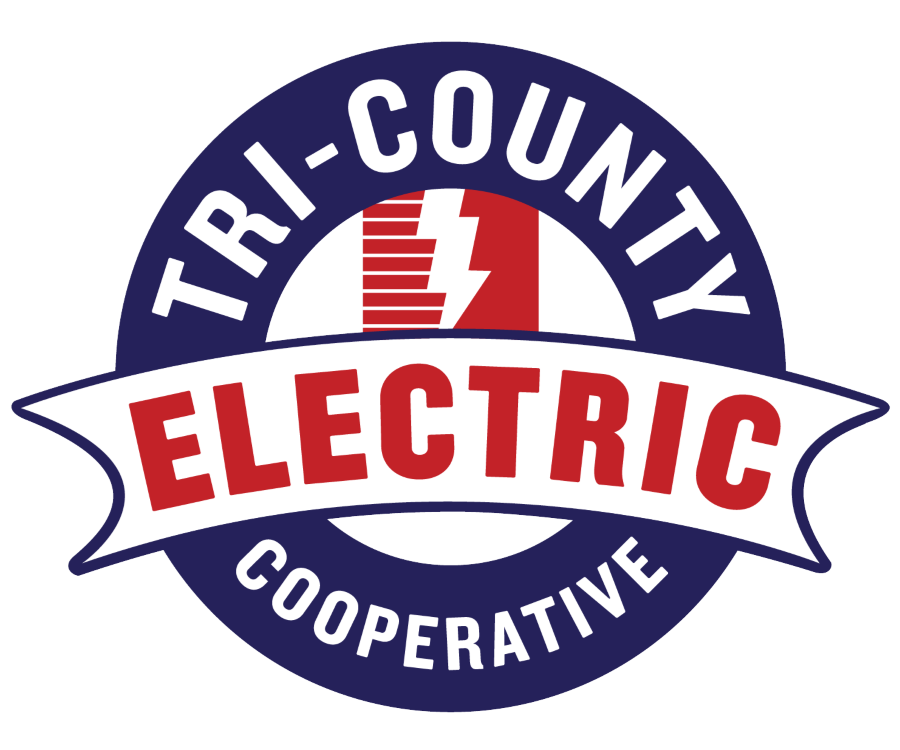Help members in need by donating to the Cooperative Giving Round Up program.
At Tri-County Electric Co-op, safety is our top priority. We understand the importance of providing reliable electricity while safe guarding the well-being of our members and our dedicated linemen. That's why we emphasize the critical nature of generator interconnection approval.
What is Interconnection?
Interconnection is simply the process of connecting a new generator to the electric grid.
Why Interconnection Approval Matters
Generator interconnection approval is a vital step in protecting lives and property. Without proper interconnection, generators can backfeed the grid, posing serious risks to both our lineman and our members. Backfeeding the grid during or after a utility outage can lead to catastrophic consequences, including:
- Injury or Fatality: Misoperation of generators can endanger the lives of our linemen who work tirelessly to restore power during outages. Without proper interconnection, unsuspecting linemen could be exposed to lethal electrical currents.
- Equipment Damage: Backfeeding electricity into the grid without approval can damage not only the generator itself but also member equipment. This can result in costly repairs and potential hazards within members' homes or businesses.
